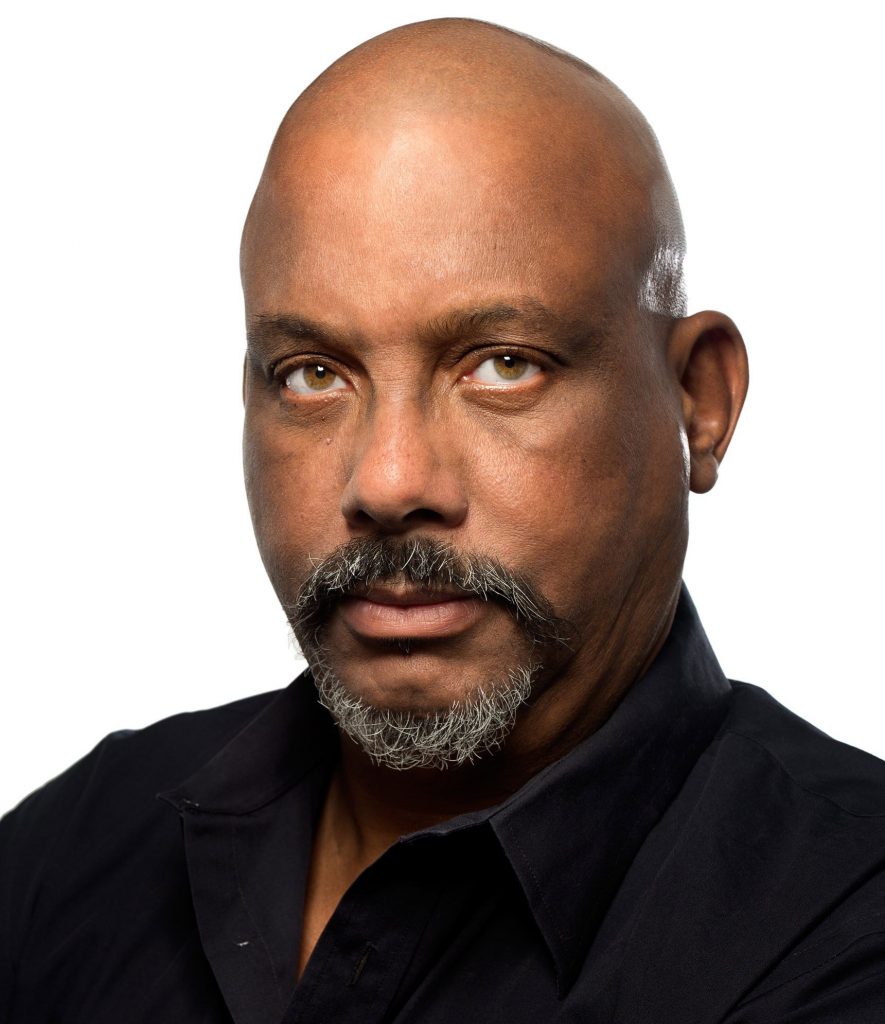Shaping animation’s future

BitDepth#1208
AT THE final panel discussion at CANTO 2019, the young turks got their turn on the big stage to discuss animation and gaming in the Caribbean.
On the panel were Jason Lindsay of Full Circle Animation, Anuskha Varsha Sonai, founder and CEO of 21Q Caribbean; Camille Selvon Abrahams, programme co-ordinator for animation studies, UTT; Caiphus Moore, visual artist and lecturer at UTT; professional gamer Jeff Macalonie, and host Vincent Kenswil.
The short conversation was blunt and to the point.
The Caribbean needs to work together to penetrate the lucrative animation and gaming market.
The region needs to start thinking about its stories as intellectual property to be managed and produced for international markets.
Jason Lindsay, a development economist who got involved in animation as an investor, pointed out that “the animation and gaming industry is not prejudiced about what you look like or where you come from.”
Creators also needed to look at the stories that are being told in mass media, stories that are sourced from cultures throughout the world and engineered for general consumption.
“We get hung up on the idea,” Lindsay said, “that everything must sound ethnically correct when the same story can be told with an American accent and reach a much wider audience.”
“Gaming is a US$150 billion business globally this year,” said Caiphus Moore, an animation artist who worked extensively abroad before returning to lecture at UTT.
“Half of that is being driven by games for mobile phones. This is very much a global market, and we aren’t participating to the extent that we should be.
“We need to dominate in our own backyard. We can’t be calling ourselves the best in the region and local companies are sending their work outside.”
“I think we still associate gaming and animation as a kids thing,” Lindsay said.
“The animation industry is a US$250 billion industry globally.”
Anuskha Varsha Sonai hosted The Game Zone at CANTO 2019, a demonstration of an initiative to drive regional collaboration between animation companies and stakeholders in Suriname, Guyana and Trinidad.
Sonai is creating a pipeline to link talent from throughout the region based on an existing platform, 21qCaribbean.
“What we need is 5,000 people working in concert in the Caribbean,” Sonai said.
“The whole reason why we are here is for everyone who is interested to be aware of what is happening.
“We are talking about founding a sector. It will take time; it will take money. We need to create the push and pull that makes this happen.”
Jeff Macalonie is a former professional gamer who now runs Fuego Curacao, an e-sports league. He began playing games seriously at 14; by 19 he was in the top ten in the Latin American region and was signed to play games professionally. He founded his e-sports league at 21.
“We’re about bringing this opportunity to the Caribbean and Latin American regions,” Macalonie said. Fuego Curacao hosts tournaments and is on the lookout for more talent from the region.
Camille Selvon-Abrahams announced that game studies would be a specialisation in UTT’s animation programme beginning next semester.
“We need to disrupt the education system, we need to change the way we are being taught,” Selvon-Abrahams said.
“It’s not just about numbers, it’s about creating a value chain. There needs to be more investment in these businesses and more options for acquiring capital to develop projects and take the industry to the next level.
“There is a CXC module for gaming and for animation for the last three years, and we need to push our children to take up these learning opportunities.”
Mark Lyndersay is the editor of technewstt.com. An expanded version of this column can be found there

Comments
"Shaping animation’s future"